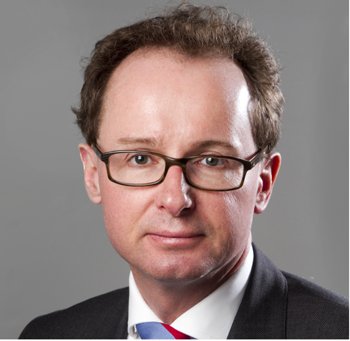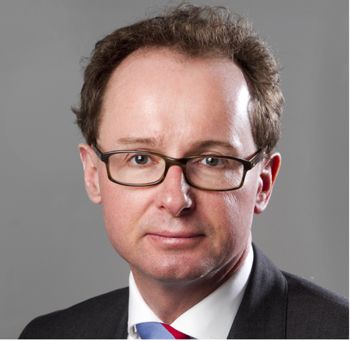IGNORE GEOPOLITICAL RISK AT YOUR PERIL, INVESTORS WARNED
Published by Gbaf News
Posted on September 13, 2014
3 min readLast updated: January 22, 2026

Published by Gbaf News
Posted on September 13, 2014
3 min readLast updated: January 22, 2026

Investors are being urged by a leading global analyst to review their portfolios more regularly and to include a small exposure into real assets, such as commodities and precious metals, as a precaution against rising geopolitical risk.
Tom Elliott, International Investment Strategist at deVere Group, which has 80,000 clients and $10bn under advice, believes many investors are becoming complacent of the threats to the markets posed by political turmoil.
He comments: “There seems to be a growing disconnect between investment and global political tension. Russia is at war with Ukraine, the Middle East is engulfed in a Sunni/Shia conflict on multiple fronts, and China is testing the resolve of its neighbours to defend their maritime borders, amongst other situations. All are challenges to the West to defend its interests, and on all scores the West is hesitant to intervene.
“Yet real assets, such as commodities, particularly oil and gold, have barely responded to the rise in geopolitical risk this year.”

Tom Elliot
Mr Elliott suggests that the luxury property sector in a number of Western cities in recent years maybe a foretaste of things to come for other real assets. He argues that plutocrats in Russia, the Middle East and China, amongst other places, have been buying such properties over the last 20 years “partly as a bolt-hole in case the vagaries of their local legal and political systems mean they have to flee the country.”
It is these vagaries, Tom Elliott argues, that are the cause of rising geo-political tensions.
“The most common explanation for flat commodity prices is the strong investment in production that took place during the recent commodities boom, and relatively weak global demand growth.
“U.S. shale gas is pushing down American domestic prices and reducing the need for imported energy. Meanwhile the introduction of high quality Russian diesel, and strong North Sea production this summer, has led to over-supply in Europe. In addition, quantitative easing by the U.S. and other central banks has not led to the strong inflation that some economists and politicians had predicted, causing an unwinding of investor appetite for commodities, as a hedge against inflation.”
However, Mr Elliott warns: “History teaches us that the geopolitical tide can change demand/supply assessments -and hence prices – very quickly.
“If the Sunni/Shia wars in the Middle East result in a closure of the Strait of Hormuz then around 17 per cent of global energy production would be lost and prices would rise sharply, and the global economic recovery would be at risk. And Putin may cut supplies of energy to Europe in retaliation to E.U boycotts of Russian companies.
“Furthermore, if classic monetarist theory proves correct, inflation will eventually follow on from the quantitative easing programs and all commodities – but especially gold – will be in strong demand as investors seek to protect their portfolios.”
deVere Group’s International Investment Strategist adds a second reason to hold commodities in an investment portfolio, perhaps up to 4 per cent of the total value: “Real assets always have a valuable diversification role in an investment portfolio, and rising geopolitical risk may yet trump the factors that keep prices stable. Modern portfolio theory demonstrates that there is good reason for holding real assets.”
Explore more articles in the Top Stories category











